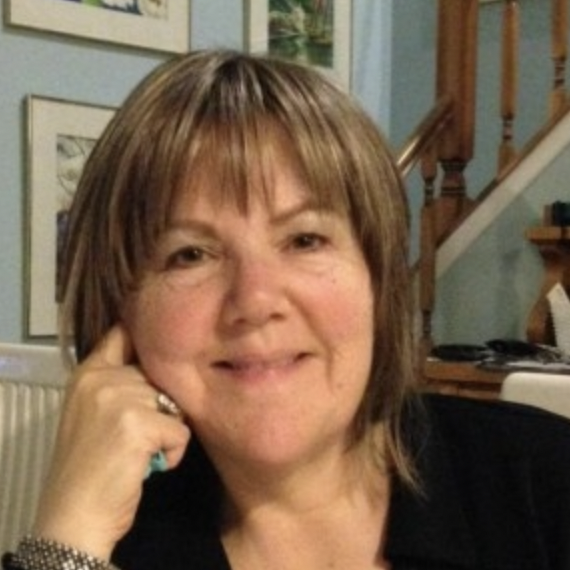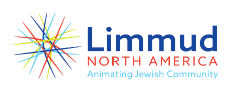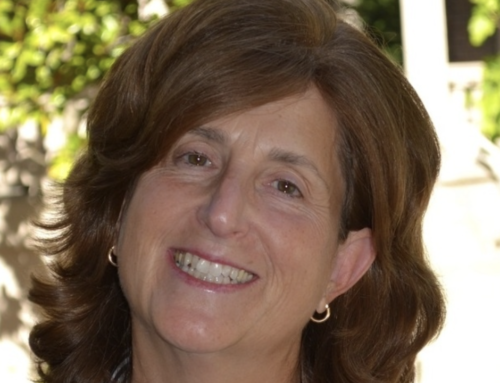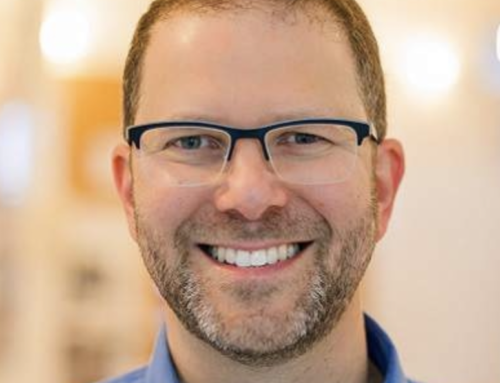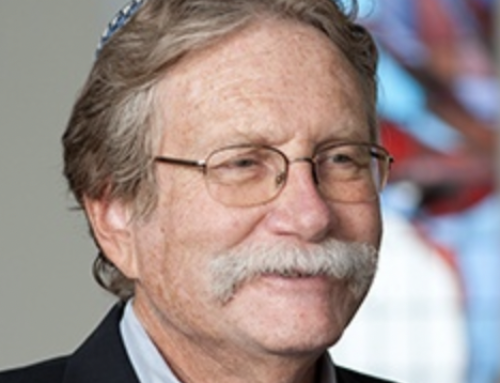The Omer is a path that takes us from freedom to receiving the Torah, all while building community. When the Book of Exodus ends, extensive laws about offerings to God begin. Embedded in them are powerful messages about individual and communal responsibility. When a person errs unknowingly, the greater community suffers, so everyone becomes invested in the pursuit of ethical and moral behavior. This alone is a radical concept, yet in our time we see how individual actions can result in unfathomable consequences. Acts of hatred and violence, carelessness about viral transmissions, and even the explosion of social media shaming impact our communal well-being.
The word tikkun appears in our sources as הַתְקֵן עַצְמְךָ – Tikkun Atzmecha – “Repair Yourself”. A better world comes about by changing ourselves. Even minor or exceedingly small actions flow outwards. In the 18th c. the Gaon of Vilna said, “The ultimate purpose of learning Torah is to change your character”. Practices like reciting blessings, meditating, studying, praying, and doing mitzvot (commandments) help forge an inner path to change. Small steps build towards a great transformation. This Tikkun of Ourselves, הַתְקֵן עַצְמְךָ, can be the ripple that turns into a wave for Tikkun Olam תיקון עולם.
